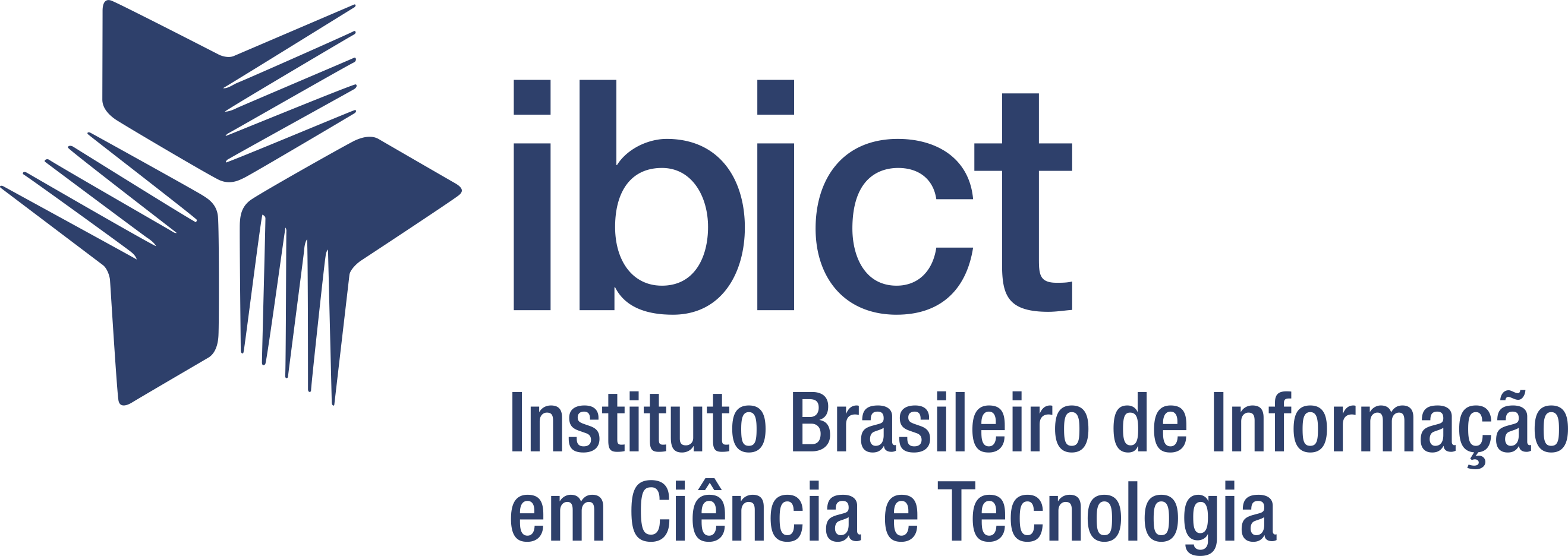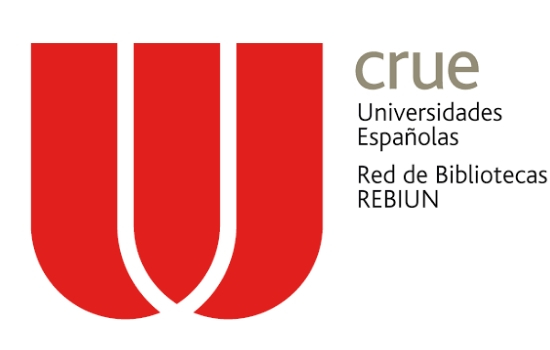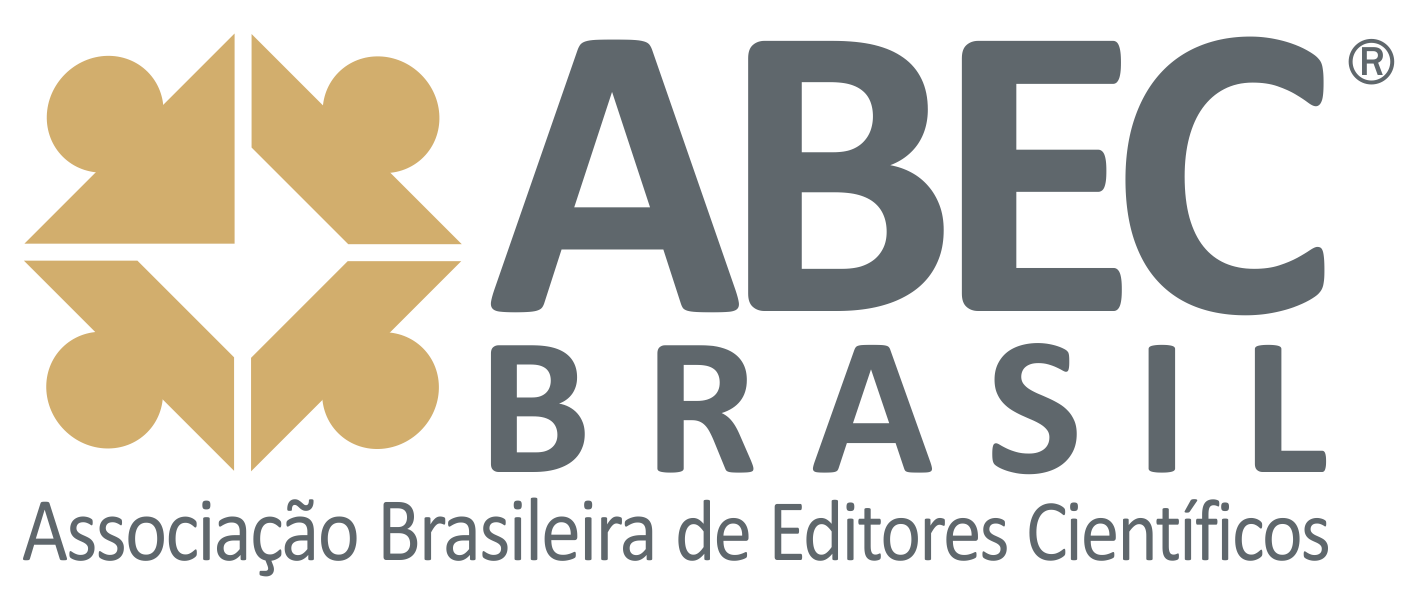IMPACT OF FOREIGN DIRECT INVESTMENT ON THE ECONOMIC GROWTH OF SENEGAL
Resumo
Since the local market liberalization in the late 1980s and early 1990s, Senegal has been striving to attract foreign private capital by adopting new economic policies such as the implementation of structural adjustment programs, reduction of the State intervention in the economy, fiscal incentive grants to companies, and privatizations of some of the State-owned companies. The motivation for adopting such measures lies in the expansion of economic growth rates due to the increase in technology. From this context of changes, we set out to study the impact of foreign direct investment on the economic growth of Senegal between the years 1970 and 2013. To this end, we made use of vector models complemented by the Toda and Yamamoto causality test approach. Overall, in the long term, the variables (exports, public expenditures, economic openness and, above all, foreign direct investment) impacted positively on the behavior of the Senegalese aggregate output, results reinforced by the temporal relations. However, and not least, our findings suggest that the local conditions contributed to a large extent to the inflow of foreign productive capital.
Palavras-chave
Economic Growth; Foreign Direct Investment; VAR/VEC and Toda and Yamamoto causality approach

Este trabalho está licenciado sob uma Licença Creative Commons Attribution 3.0 .
Diretórios, Bases de Dados e Indexadores


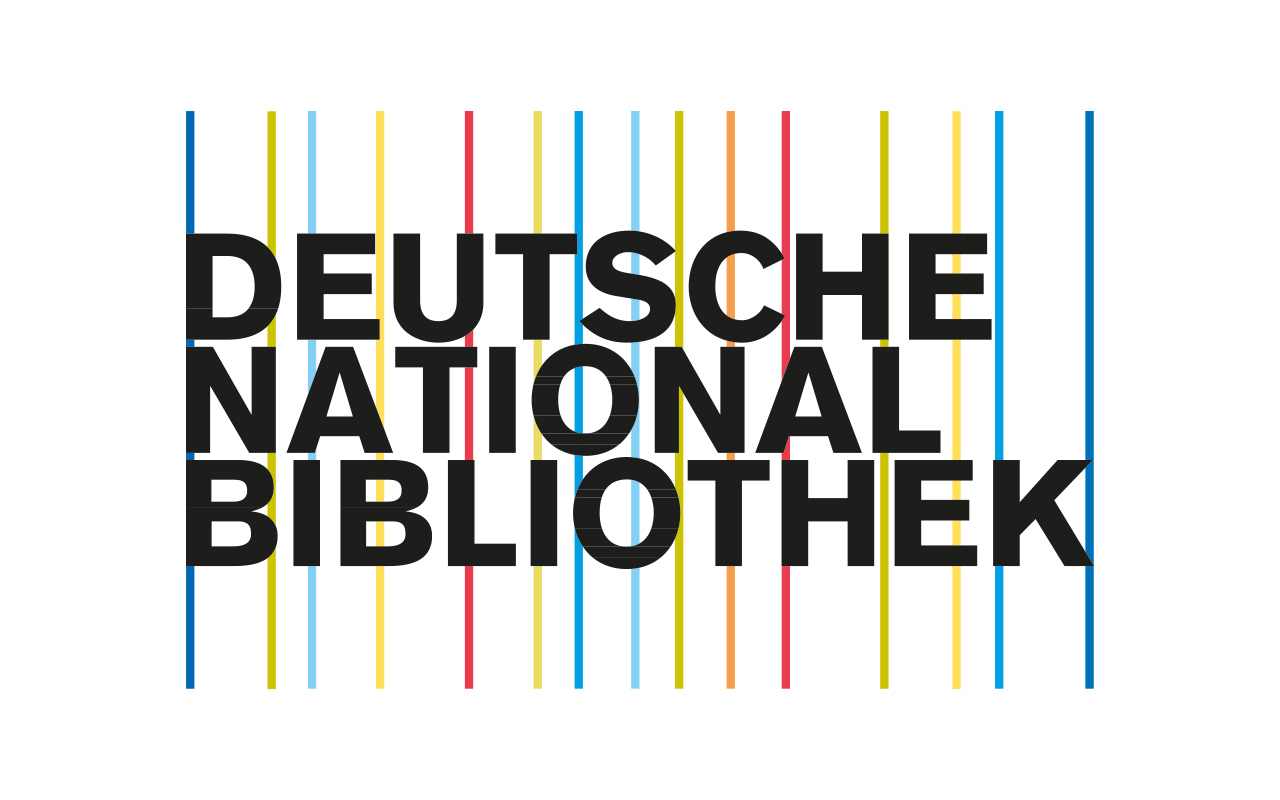
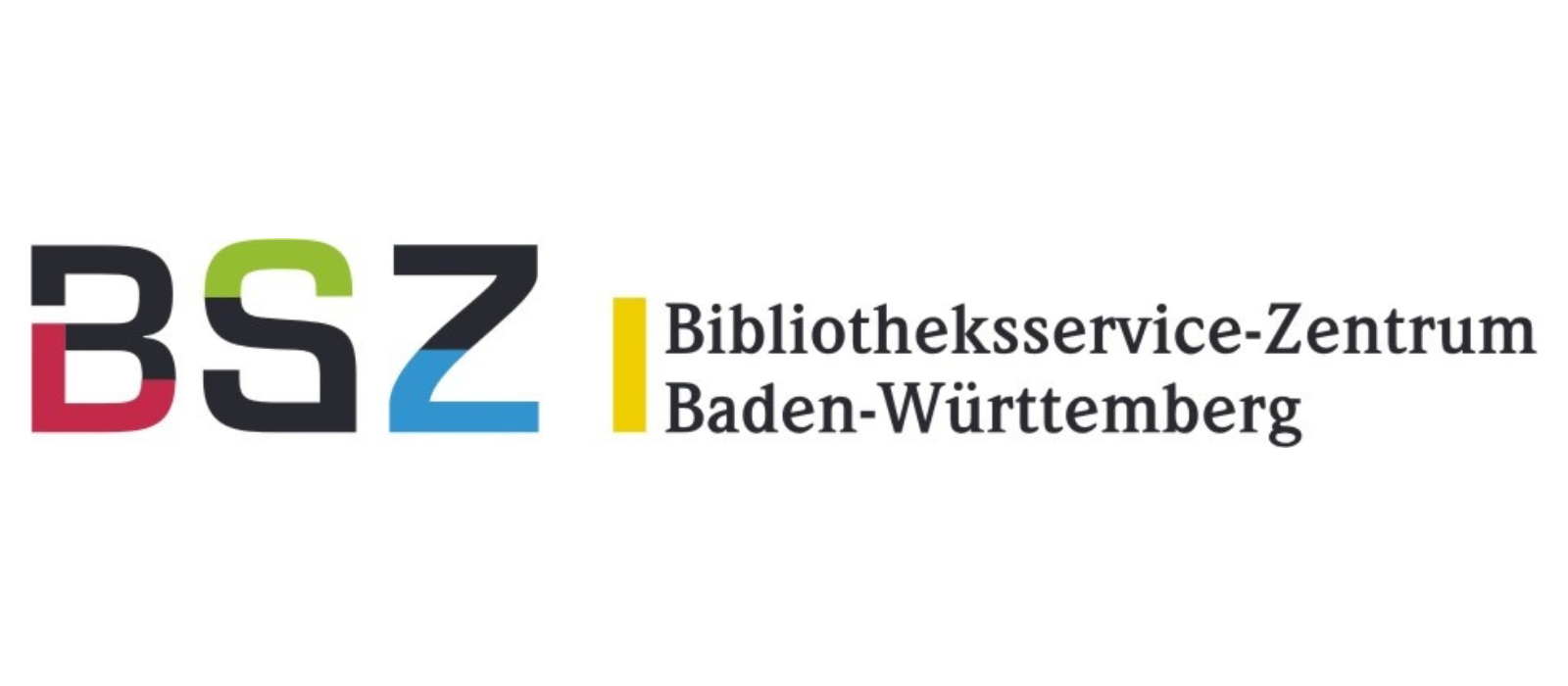
Associada
Indicador
Sistema de Preservação Digital
RDE – Revista de Desenvolvimento Econômico. ISSN impresso 1516-1684
ISSN eletrônico 2178-8022 (números publicados a partir de 2010)








